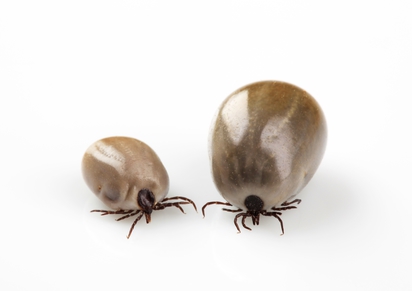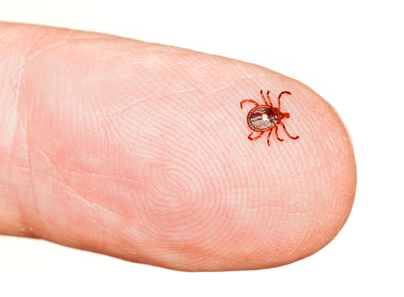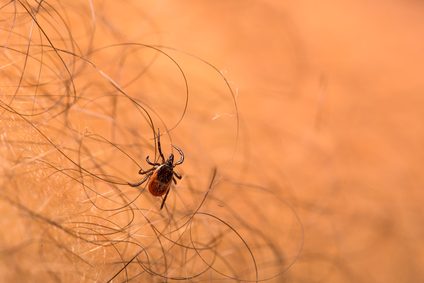Facts About The Tick Life Cycle You Probably Didn’t Know
Although it’s famous for its transmission of the dreaded Lyme Disease, there are several things about the tick that scientists are yet to discover. So it is safe to assume that there is a lot to learn about this tiny pest. This is a strategic way to keep yourself safe from the harmful effects that come with ticks. The tick life cycle is very interesting, but many people don’t know much about it. We’ll explore a few details in this post:
Thousands of Eggs

First, it’s important to note that the tick is an arachnid and not an insect. Even so, it goes through the same number of stages as most insects, as described below:
Ticks undergo four life stages – egg, larva, nymph, and adult – and it can take up to three years to complete a full life cycle. That said, let’s take a detailed look at the life cycle of a tick.
Egg
A tick starts its life as an egg. A female tick lays several thousand eggs at a time on the ground, usually nestled in the grass.These eggs can get stuck to fur, clothes, or body parts, and end up being transferred into our homes.
Larva
The egg hatches into a larva, which has six legs. The larva looks more like an adult tick and is also known as seed tick. The major difference is that it has two fewer legs. Read more at Native Shield…
Several thousand eggs! You may wonder what the reason could be for such a large number of eggs. What goes into the development of these eggs?
A Blood Meal Before Mating

Could it be water? Is it their diet? Or do these bugs just naturally have the capacity to produce many offspring? Find out in the following post:
The First Stage (egg)
The adult female tick first fulfills a proper blood meal then the process of mating occurs between an adult male and adult female tick. The female tick then leaves the host and lays eggs in a suitable spot outside the host.
The Second Stage (larva)
The eggs are hatched marking the beginning of a six-legged larval stage within a time span of 2 to 8 weeks. After hatching, the larva then remains on the grass waiting for a suitable host to attach. The odor of the host enables the tick to determine the host to get attached with. After attaching to the host, the larva feeds upon it and undergoes several stages of molting to transform into a nymph. Read more at Vedantu…
So we could assume that it is the blood meal that enables the female tick to lay several thousand eggs. It is almost certain that you wouldn’t be willing to volunteer yourself nor your pet as the “blood donor” needed to make this happen.
Blood-sucking Nymphs

It’s not just the adult tick that you should be wary of. Even the nymph is an active bloodsucker that is sure to pose a threat to you and your loved ones.
Nymph – When the tick reaches this level, the average size (while bigger) is STILL less than 2 mm. In visual terms, that’s around the size of a poppy seed! In this stage, the tick adds two more legs, bringing them to a total of eight. During this time, they tend to be more active in late spring through the summer months. Once a new host is found, and the tick gets its meal, it will once again molt to become an adult.
Adult – This is the final stage of the tick life cycle. These ticks usually wait for their next victim on tall grass or shrubs. They will attach themselves once the animal or person brushes against the grass where they are lurking. They will once again feed, then, mate, and the females will lay eggs to start the cycle all over. Read more at Earthkind…
The fact that the nymph is almost microscopic and that it has vampire-like characteristics is enough reason to do all you can to eradicate it. Your yard needs to be safe for you and your pets.
When you call the Backyard Bug Patrol team, you can be sure you’ll get excellent tick control services. Have you been frustrated working with previous service providers? No need to worry. We have both the skills and the experience you have been looking for. Our barrier spray program works like magic! Call us today!
